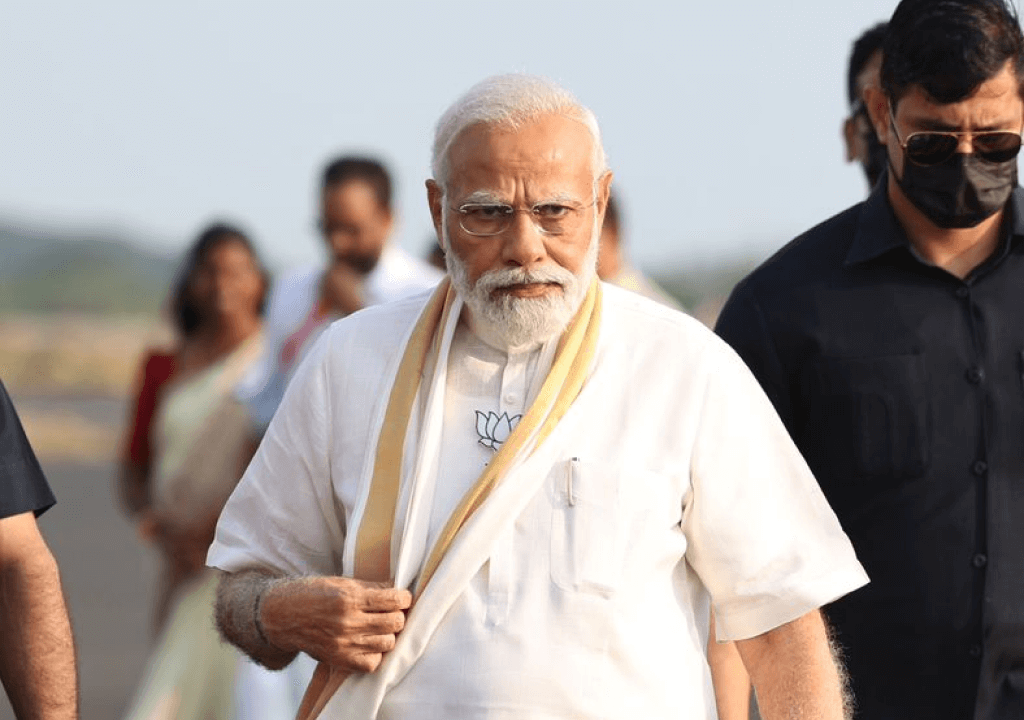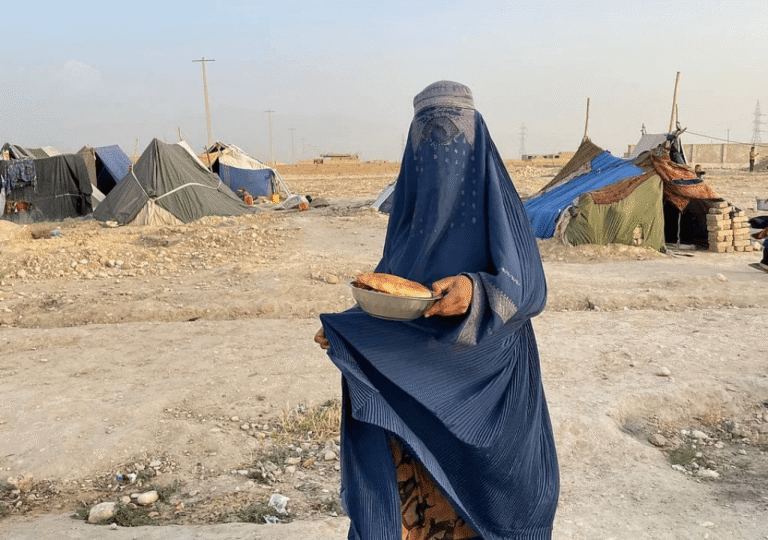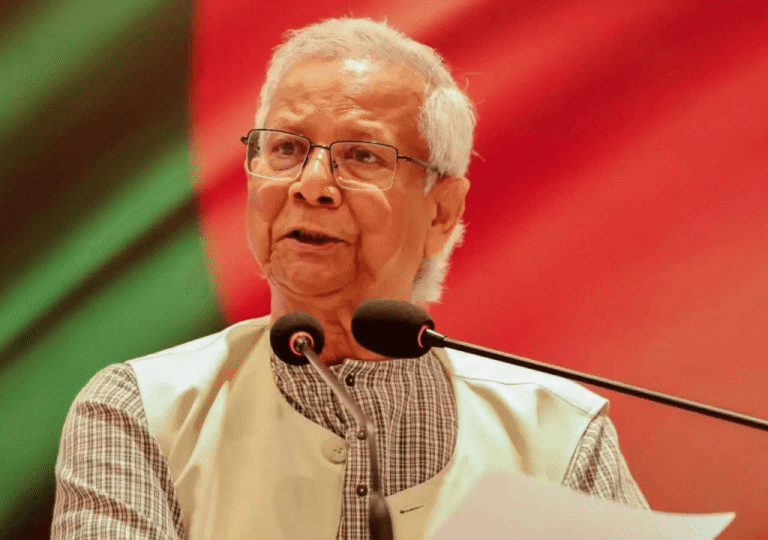Narendra Modi is on a mission to sweep the upcoming Indian general election. He continuously states in rallies that he will secure 400+ seats out of the total 545 seats. Perhaps it is merely an election strategy to ensure the common perception that Modi will continue for a third term, though it’s clear that if Modi wants a third term single-handedly, he has to expand his influence to the southern states, which are still opting for the rival Indian National Congress and its allies.
When opinion polls and election scientists predict the loss of current seats and anticipate tough fights from states where Modi’s BJP has secured the majority of their seats, such as Uttar Pradesh, Bihar, and Maharashtra, they are focusing on other states that traditionally haven’t contributed to the BJP. South India is now in the radar of the BJP. The people of southern states, with different ethnicities and languages compared to the rest of India, always follow different trends. But Modi has proven his winning mindset before and is not backing down. By increasing rallies and setting up thorough election campaigns, Modi is getting ready to reap more seats from the south.
South India, the region comprising the five states and one union territory, which are Kerala, Tamil Nadu, Karnataka, Andhra Pradesh, Telangana, and Puducherry, contributes almost 130 seats out of 545 seats. Every state has different political scenarios, different leaders, and different alliances. The stronghold of the Indian National Congress has the government in Karnataka and Telangana. In Tamil Nadu and Kerala, the ruling parties are allied with the Indian National Congress. In Andhra Pradesh, a Congress faction, YSR Congress, is in administration, and the only government in alliance with the BJP is in Puducherry.
Tamil Nadu, known as the paradise of regional parties, has a myriad of parties advocating Tamil nationalism, representing various castes, and fans associations of movie stars. It holds the most number of seats in South India, with 39 seats in the upcoming general election being contested by three alliances. The INDI alliance, comprising the Indian National Congress, Tamil Nationalist Party DMK, Communist parties, and Dalit Party VCK, is at the forefront. The All India Dravida Munnetra Kazhagam-led alliance includes some Islamist parties, and the NDA, the BJP-led front, comprises the Vanniyar Caste Party Pattali Makkal Katchi and factions of All India Dravida Munnetra Kazhagam. The state gave one or two seats to the BJP in the last elections, and opinion polls suggest they may gain some seats this time, improving upon their previous general election’s record of zero seats. Expectations are for 3-4 seats to be won here, while opinion polls favor the INDI alliance. However, Modi is confident and hardworking, conducting numerous rallies and expecting to secure more seats from Tamil Nadu.
Karnataka, which has 28 seats, is the only BJP stronghold in South India. Previously, it formed governments, and BJP surprisingly secured 26 seats in the last Indian general election. However, the state assembly election followed by the general election was swept by the Indian National Congress. BJP formed an alliance with the regional party JDS to repeat the victory of the last time and sweep all seats. However, this time, the Congress is putting up a tight fight under a strong state-level leader. It is expected that the BJP-led NDA alliance can secure 15-18 seats out of the 28 available. In a state known for Hindu-Muslim tensions, BJP will definitely use Hindu sentiments to secure more seats.
In Andhra Pradesh, which contributes 25 seats, there are multi-front fights. The ruling YSR Congress, a faction of Congress, is on one side, while the Indian National Congress is on the other. Additionally, the BJP leads an alliance with the strong regional party TDP and the party of movie star Pawan Kalyan. Like Tamil Nadu, Andhra Pradesh has many parties associated with movie stars and caste-based parties. However, as the general election coincides with the state assembly election, the sentiment against the ruling state government largely determines the election results. In the last general election, the YSR Congress party led with 22 seats out of 25, with the rest going to the TDP. But this time, the Indian National Congress and BJP are also contenders. With the alliance of TDP and the Modi factor, BJP is expecting to secure 3-4 seats from Andhra Pradesh.
Kerala is the state that has never given a Member of Parliament to the BJP. The BJP doesn’t have any significant role in the political landscape of the state, which has 20 seats and is highly divided between the CPIM-led LDF alliance and the INC-led UDF alliance. Even though the BJP has some strongholds in the state, they didn’t secure any seats in the last general election for parliament. Out of the 20 seats, 19 were won by UDF and 1 by LDF, but the subsequent state assembly election was won by LDF. However, with the state facing severe economic struggles and the rise of Islamism, there is hope for the BJP. Narendra Modi has conducted several rallies, and they are expecting to secure more than 4 seats from the state in the changed political landscape.
Telangana contributes 17 seats to the Lok Sabha (House of Commons). In the upcoming general election, there is expected to be a multi-front fight for these 17 seats. The INC, BJP, and the strong local party BRS, along with many communist and religious parties, are all participating. In the last general election in 2019, BRS secured the highest number of seats with 9, followed by BJP with 4, and then Congress with 3. However, the INC made a comeback following the state assembly election. Currently, the INC holds the advantage in opinion polls, while the BJP is gaining momentum and hopes to capitalize on the collapse of the BRS Party. BJP expects to secure more than 4 seats, and there is a possibility for BJP to capitalize Hindu-Muslim religious tensions.
Puducherry, the Union Territory, an old French territory, has one seat in the House of Commons, which was won by the INC last time. Then, the BJP-led alliance won the state assembly election, and they are expecting to win the seat by tightening the contest.
It’s clear that the Indian National Congress has the upper hand in South India. However, the BJP will pose a tough challenge, and the growth of the BJP in the region is evident. They are gradually expanding into more regions and states, with Modi giving importance to the region. Increasing their tally from the current 29 out of 130 seats to more will help them secure additional seats and decrease the number of seats for their prime rival, the INC, as they too expect to gain more seats from the region. Predictions suggest 35 to 40 seats for the BJP in the upcoming general election, and sometimes it may even be more. Modi has proven before that he can work wonders in general elections.








